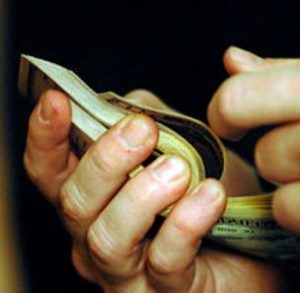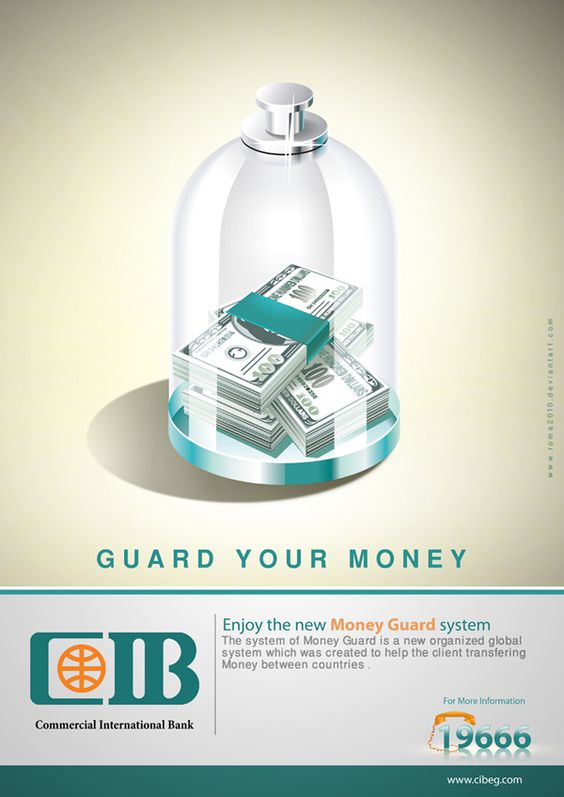Trust Deed arrangements – What are the benefits and how to apply

Introduction
Scottish Trust Deeds are designed with the aim of helping Scottish residents, who are unable to pay their debts, to make arrangements. Which include monthly payments they can afford. These payments are then apportioned to the creditors and are proportioned to the exact sum each of them is owed. It is worth noting that these payments are considered as legally binding agreements.
Major benefits
 With a trust deed, all the interests and charges related to all kinds of debts, are momentarily frozen, and a person will owe nothing but the exact sum that was owed, at the moment of entering the Trust Deed agreement. All the subsequent payments, after the agreement, will be deducted from one’s balance. There are no charges when setting up a Scottish Trust Deed, and the agreement itself cannot last more than 36 months. If a person can manage to maintain his/her payments during that period, all the remaining debts will be written off.
With a trust deed, all the interests and charges related to all kinds of debts, are momentarily frozen, and a person will owe nothing but the exact sum that was owed, at the moment of entering the Trust Deed agreement. All the subsequent payments, after the agreement, will be deducted from one’s balance. There are no charges when setting up a Scottish Trust Deed, and the agreement itself cannot last more than 36 months. If a person can manage to maintain his/her payments during that period, all the remaining debts will be written off.
What this means, is that a person can repay only 10% percent of his/her debts, and then have the remaining debts written off at the end of the 3-year period, if he/she can present a proof of the maximum amount of payment, he/she can make. Once the Trust Deed arrangement is made, all the debtors are forbidden from taking any sorts of actions against the person that is in their debt. These include e-mails, letters, phone calls, as well as court actions.
Minor disadvantages
Aside from these obvious benefits, trust deeds agreements also carry some disadvantages, although quite minor ones. One of the most notable disadvantages is the fact that, a person, who has entered the agreement, will have certain problems getting his/her credit again. Also, his/her entire credit record will be shot. However, all of these present no real issues, since they have most certainly happened by the time the agreement was made. When compared to all the advantages, the disadvantages are quite minor, and not worthy of any worries.
There are also specific cases, where a certain creditor, or some them, might refuse to enter the trust deed agreement. If something like that happens, a person can apply for their personal bankruptcy or sequestration. By doing this, a person will entitle these creditors to an even smaller amount of payment, and no creditor would want that. Although reluctantly, the vast majority of creditors usually enter a trust deed agreement, simply because it is in their interest.
A protected trust deed agreement
 Perhaps the best type of a trust deed agreement is a Protected Trust Deed, which legally binds all the creditors. By applying for this kind of a trust deed, a person will, in a way, protect himself/herself, by informing the creditors that they have no more than five weeks to object it. If those that object are owed less than one-third of the total debt, then they will be incapable of preventing the agreement. To apply fo a protected contract, a person needs to have an unsecured debt more than 8.000 pounds and must be capable of making at least 150 pounds in monthly payments. To realize that debt, personal possessions can be seized and sold, but not houses or other property.…
Perhaps the best type of a trust deed agreement is a Protected Trust Deed, which legally binds all the creditors. By applying for this kind of a trust deed, a person will, in a way, protect himself/herself, by informing the creditors that they have no more than five weeks to object it. If those that object are owed less than one-third of the total debt, then they will be incapable of preventing the agreement. To apply fo a protected contract, a person needs to have an unsecured debt more than 8.000 pounds and must be capable of making at least 150 pounds in monthly payments. To realize that debt, personal possessions can be seized and sold, but not houses or other property.…

